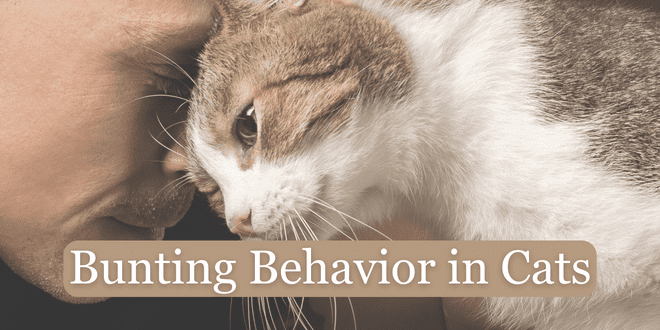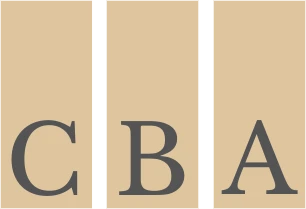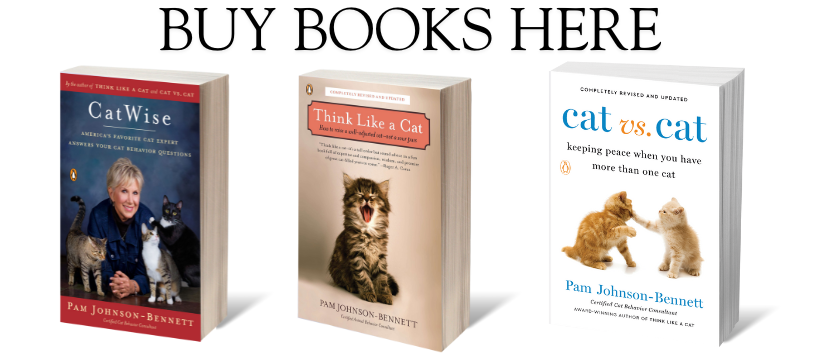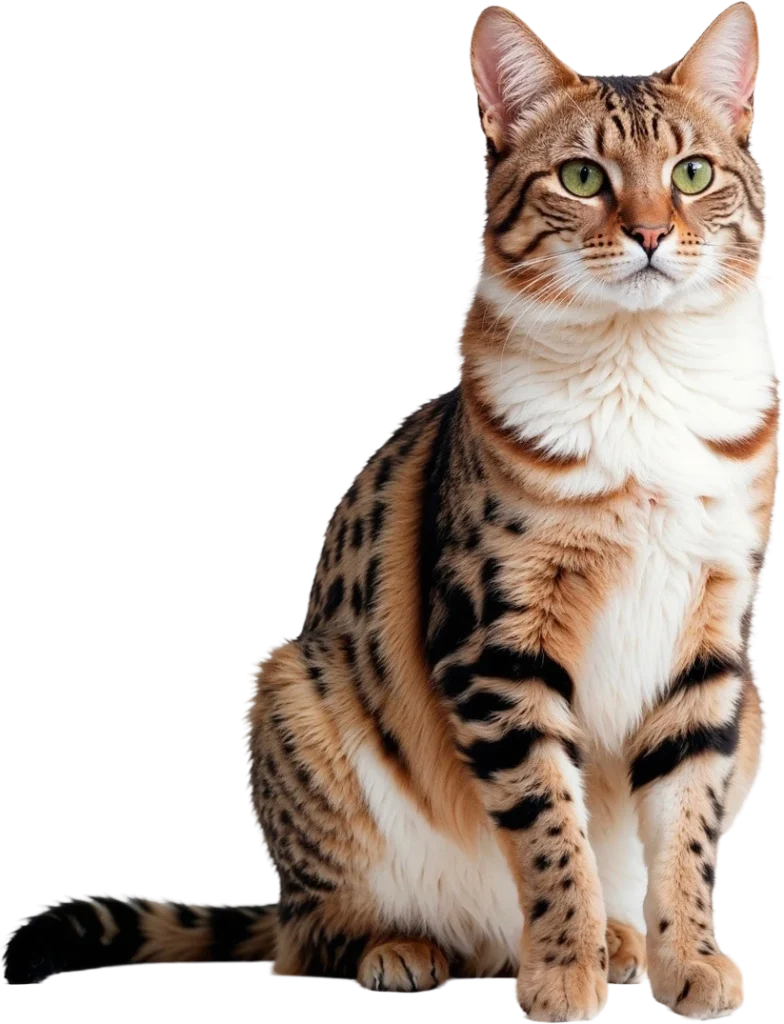
You’re sitting in a chair and your cat jumps up onto your lap and starts purring. He moves closer to your face and then literally butts his forehead against your cheek or chin. Sometimes it’s a gentle nudge and then at other times it’s almost a head-to-head bone-crusher. There are also times when kitty may just rub his chin, forehead or cheek along your face. Although it may not be as startling as the bone-crushing head butt, you usually end up with a mouthful of cat hair. So just what is this behavior all about?
Head Bunting and Allorubbing Behavior in Cats
The behavior that is often described by cat parents as “head butting” is actually head bunting. Cats have scent glands all over their body and they use them to leave a scent mark on objects (and in this case, YOU). The bunting and rubbing are reserved for bonding, social, comforting and friendly purposes. When your cat engages in head bunting or head rubbing, he is placing his scent there as a social and affectionate gesture. Cat-to-cat head bunting and allorubbing are reserved for cats who already have a familiar and friendly relationship. Cats typically display head bunting toward other cats, dog companions and humans. Lip rubbing is often reserved for marking objects.
Your Cat May be Saying Pet Me, Scratch Me, Pay Attention to Me
Bunting may also be used as an attention-seeking behavior if your cat butts his head up against you and then tucks it down or turns to the side. He may be asking for one of those wonderful neck or head scratches that you often do for him. Past experience has told him when he displays this behavior you typically respond by petting or scratching him in his favorite places. Cats are so smart!
For the cat to place his face so close to yours and engage in this bonding behavior is quite an act of trust. For me, it’s worth getting a little cat hair stuck to my lips just to experience this tender moment with my cat.
Scent Communication in Cats is Complex
Many people inaccurately assume any time a cat engages in rubbing or bunting then he is merely marking you as his territory. Scent communication is far more complex than that. Cats use scent to mark their territory, yes, but they also do it to create comforting familiarity, show respect (ex: flank rubbing another cat), create a common colony scent (important for survival and cat colony harmony), self soothe, announce sexual status (done through urine-marking), tell other cats about themselves and much more. The reason a cat uses scent depends on his immediate circumstances and the part of his body he uses. When your cat comes face to face with you and bunts or rubs, enjoy it. It’s the next best thing to a kiss on the cheek.
Need More Information?
For more specifics on cat behavior and how cats communicate, refer to the best-selling books by Pam Johnson-Bennett. Pam’s books are available at bookstores and online. We’ve included links to Amazon here on our website.
This article is not intended as a replacement for your cat’s veterinary care. This article is for information purposes only and not offering medical advice or providing a medical diagnosis.



